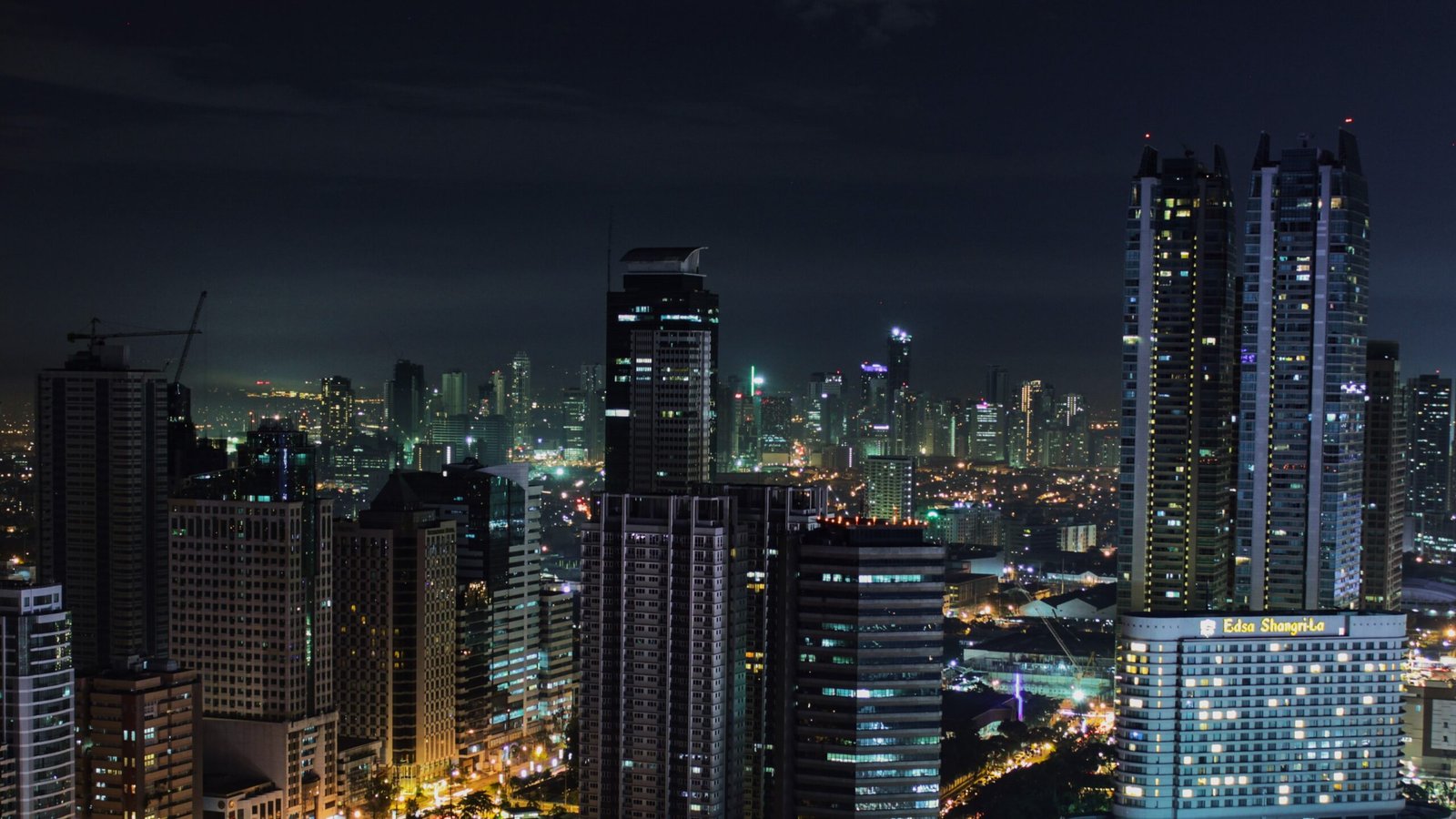Renting a property in the Philippines can be an exciting journey. With beautiful landscapes, thriving cities, and a mix of modern and traditional living, the country offers a wide range of rental options for every lifestyle and budget
Whether you’re moving for work, school, or a fresh start, it’s important to understand how the local real estate market works—especially if you’re renting.
Key Factors to Consider When Renting in the Philippines
Before signing a lease, keep these important points in mind:
- Budget: Determine your monthly budget, and don’t forget to account for utilities (electricity, water, internet)—these are usually paid separately by the tenant. Also ask if association dues (common in condos and gated developments) are included in the rent or paid on top.
- Location: Metro Manila, Cebu, and Davao are top spots with plenty of listings, but prices can vary depending on demand and accessibility.
- Property Type: You’ll find various rental options including condominiums, apartments, and house-and-lot units. Choose based on your lifestyle and space needs.
- Finishes: Decide if you prefer a fully furnished, semi-furnished, or bare unit. Furnished homes cost more but are convenient for move-ins.
- Amenities and Safety: Check for essentials like water supply, security, parking, and proximity to schools, malls, hospitals, and public transport.
Common Rental Requirements
To rent a home, condo, or apartment in the Philippines, you will usually need:
- Valid government ID
- A signed lease agreement
- Advance rent
- Security deposit
- Post-dated checks
What is Advance Rent and Security Deposit?
- Advance Rent: This is typically two month’s rent paid upfront, which is applied to the last month of your stay.
- Security Deposit: Usually equal to two months’ rent, this is refundable after the lease ends, provided there are no damages or unpaid bills.
Payment Methods and Post-Dated Checks
Many landlords prefer post-dated checks (PDCs) for monthly rent payments. If you don’t have a checking account yet, you can open one at your local bank to issue these. However, some landlords are flexible and accept bank transfers instead—just be sure to clarify payment terms early on.
Final Tip
Understanding how rentals work in the Philippines helps you avoid issues and gives you confidence in finding the right place.
Need help finding a home or rental?
We can guide you through the process and connect you with verified listings.
Message us today to get started!






Leave a Reply